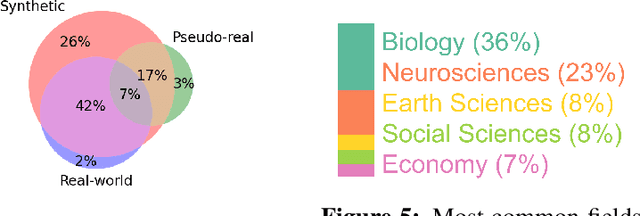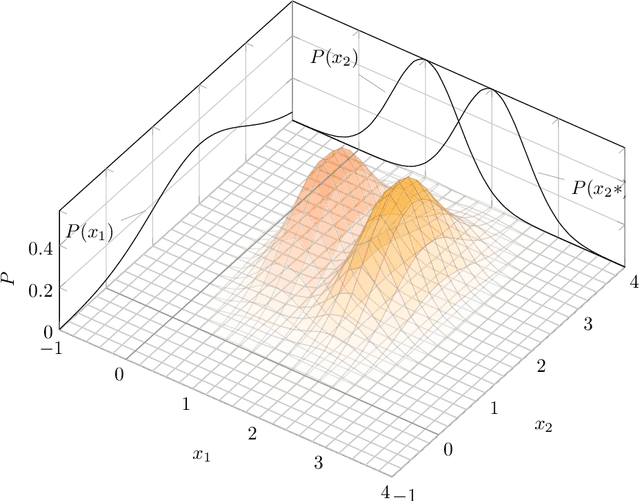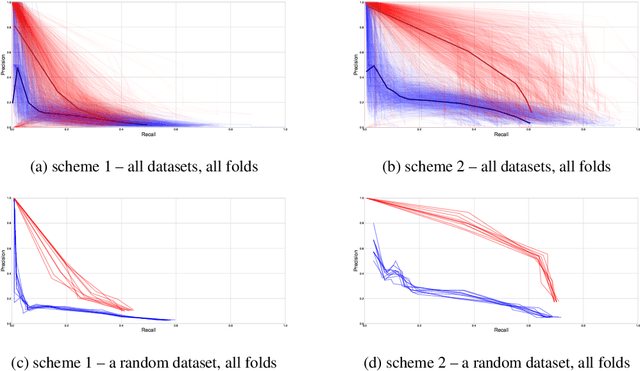Karen Sachs
The Landscape of Causal Discovery Data: Grounding Causal Discovery in Real-World Applications
Dec 02, 2024



Abstract:Causal discovery aims to automatically uncover causal relationships from data, a capability with significant potential across many scientific disciplines. However, its real-world applications remain limited. Current methods often rely on unrealistic assumptions and are evaluated only on simple synthetic toy datasets, often with inadequate evaluation metrics. In this paper, we substantiate these claims by performing a systematic review of the recent causal discovery literature. We present applications in biology, neuroscience, and Earth sciences - fields where causal discovery holds promise for addressing key challenges. We highlight available simulated and real-world datasets from these domains and discuss common assumption violations that have spurred the development of new methods. Our goal is to encourage the community to adopt better evaluation practices by utilizing realistic datasets and more adequate metrics.
Graph-Sparse Logistic Regression
Dec 15, 2017

Abstract:We introduce Graph-Sparse Logistic Regression, a new algorithm for classification for the case in which the support should be sparse but connected on a graph. We val- idate this algorithm against synthetic data and benchmark it against L1-regularized Logistic Regression. We then explore our technique in the bioinformatics context of proteomics data on the interactome graph. We make all our experimental code public and provide GSLR as an open source package.
 Add to Chrome
Add to Chrome Add to Firefox
Add to Firefox Add to Edge
Add to Edge